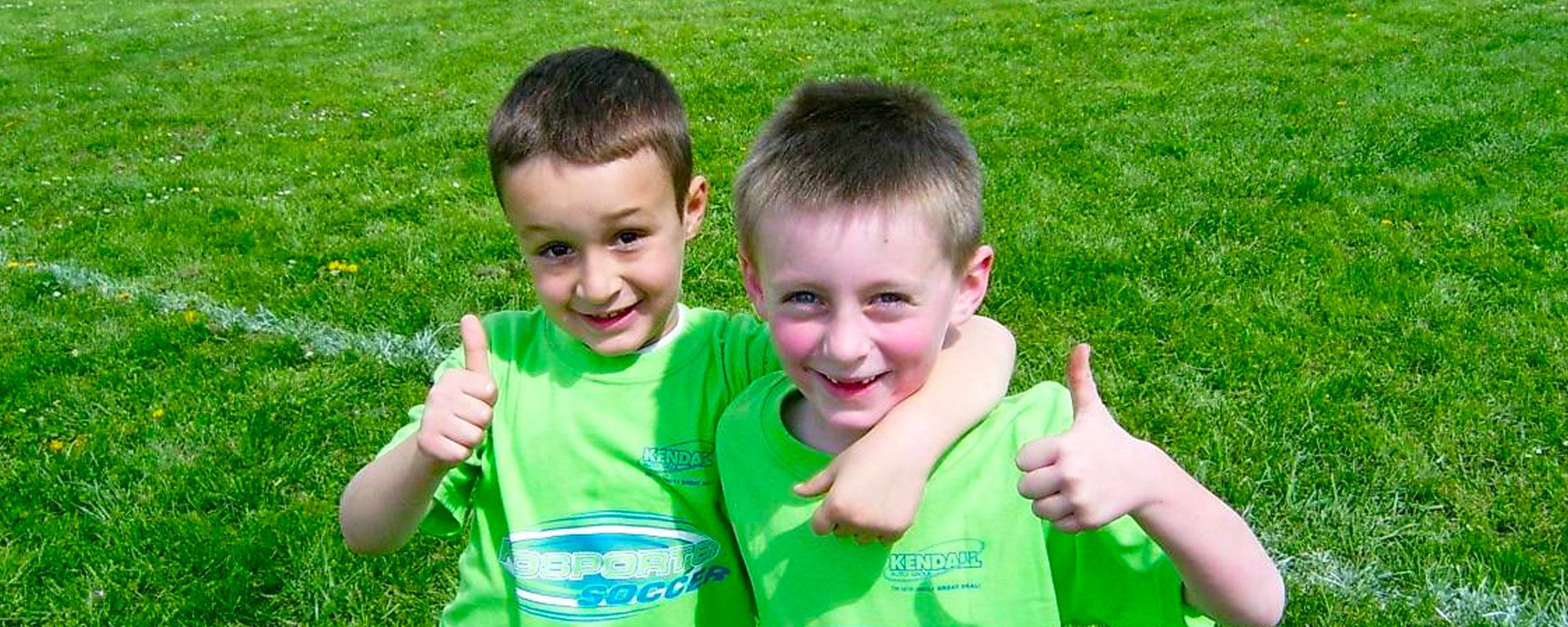Second Goal Parent/ Spectator Guidelines
Kidsports is a PCA (Positive Coaching Alliance) Development Zone where everything that happens is to achieve the goal of developing better athletes and better people.
Second-Goal Parents/Spectators let coaches and athletes worry about the first goal of scoreboard results. Second-Goal Parents have a much more important role to play: ensuring their children take away from sports lessons that will help them be successful in life.
Your presence on the sideline enhances your child’s youth sport experience if you play your role. Not playing your role confuses and distracts players from playing, learning, and having fun. There are 4 roles to be played in a Kidsports game:
- Player/Participant – They Play
- Coach/Assistant Coach – They Coach the game
- Official – They officiate the game
- Parent/Spectator – They encourage the kids/players with no-direction cheering
To play your role as a parent/spectator, we ask that you use No-Direction cheering:
- Clapping for good effort, attitude, sportsmanship, a goal, a stop, a well-executed play
- Calling out “good effort!” “Well done!” “You can do it!” “Nice play!” “I love watching you play!” “Good hustle.” “Way to play defense!” “Terrific Play!”
Directional cheering is confusing to children. This is not your role. Examples of directional cheering:
- Calling terms such as: “Shoot!” “Pass!” “Kick!” “Get to the line!” “Rebound!” “Hit somebody!”
- Calling out instructions of any kind to kids, officials, coaches
To avoid directional cheering, eliminate verbs. For example, “Pass the ball,” is directional cheering. “Great pass!” is non directional.
At times, we will all yell occasionally; the game is exciting and it is emotional to watch our kids play. The Second Goal Parent/Spectator’s goal is to minimize our presence at the game so it truly becomes their game.
As you watch from the sidelines, imagine your child in a classroom setting as they attempt to make important decisions on a test; in order for them to learn and get the most out of the test, we do not yell the answers to them. Kids need the time and space to make their own decisions like in the classroom.
Research shows that this is how kids really grow, learn, and develop to become leaders even when the decision is wrong. In youth sports, mistakes are a vital part of the learning process. The coach’s role is to seize those teachable moments in order to help kids not only succeed (one goal) but also to learn life lessons through the game and sport (second goal).
